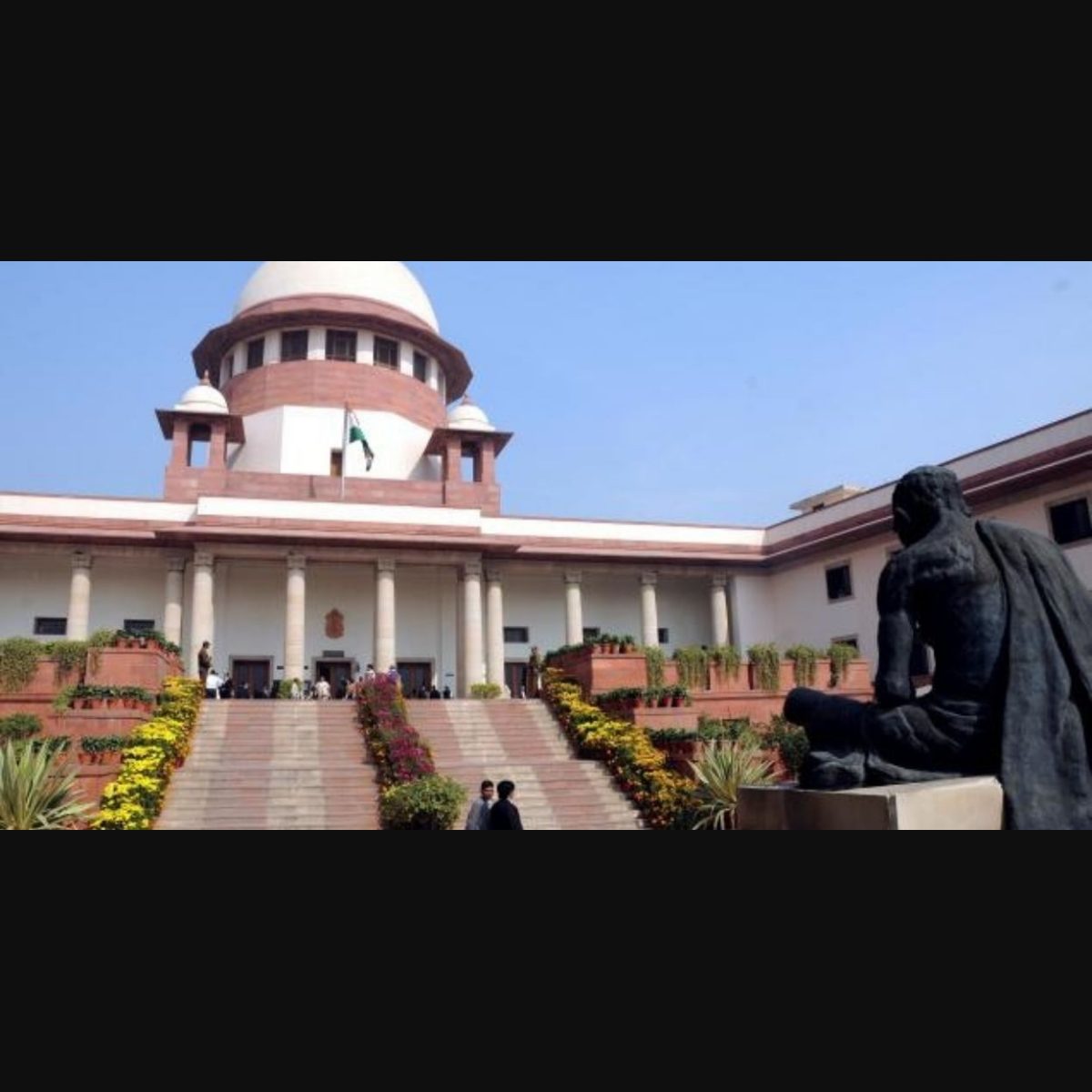(A) Criminal Procedure Code, 1973, Section 482 read with Section 391 – Negotiable Instruments Act, 1881, Section 118, 138 – Bankers’ Books Evidence Act, 1891 – Evidence Act, 1872, Section 73 – Dishonour of cheques – Additional evidence at appellate stage – Prayer to send the cheque to the handwriting expert for comparison of the handwriting as well as signature appearing thereon–Held that power to record additional evidence under Section 391 CrPC should only be exercised when the party making such request was prevented from presenting the evidence in the trial despite due diligence being exercised or that the facts giving rise to such prayer came to light at a later stage during pendency of the appeal and that non-recording of such evidence may lead to failure of justice – Appellate Court, i.e., the Principal Sessions Judge had taken note of the fact that during the trial, the appellant examined the witness of the Bank of Baroda in support of his defence but not a single question was put to the said witness regarding genuineness or otherwise of the signatures as appearing on the cheque in question – . Furthermore, as per the cheque return memo of the Bank the reason for the cheque being returned unpaid is clearly recorded as “funds insufficient and account dormant” – Manifestly, the cheque was not returned unpaid for the reason that the signature thereupon differed from the specimen signature recorded with the bank. (Para 9 to 12)
(B) Criminal Procedure Code, 1973, Section 482 read with Section 391 – Negotiable Instruments Act, 1881, Section 118, 138 – Bankers’ Books Evidence Act, 1891 – Evidence Act, 1872, Section 73 – Dishonour of cheques – Additional evidence at appellate stage – Prayer to send the cheque to the handwriting expert for comparison of the handwriting as well as signature appearing thereon – Section 118 sub-clause (e) of the NI Act provides a clear presumption regarding indorsements made on the negotiable instrument being in order in which they appear thereupon – Thus, the presumption of the indorsements on the cheque being genuine operates in favour of the holder in due course of the cheque in question which would be the complainant herein – In case, the accused intends to rebut such presumption, he would be required to lead evidence to this effect – Certified copy of a document issued by a Bank is itself admissible under the Bankers’ Books Evidence Act, 1891 without any formal proof thereof. Hence, in an appropriate case, the certified copy of the specimen signature maintained by the Bank can be procured with a request to the Court to compare the same with the signature appearing on the cheque by exercising powers under Section 73 of the Indian Evidence Act, 1872 – If at all, the appellant was desirous of proving that the signatures as appearing on the cheque issued from his account were not genuine, then he could have procured a certified copy of his specimen signatures from the Bank and a request could have been made to summon the concerned Bank official in defence for giving evidence regarding the genuineness or otherwise of the signature on the cheque -Despite having opportunity, the accused appellant did not put any question to the bank official examined in defence for establishing his plea of purported mismatch of signature on the cheque in question – Held that the appellate Court was not required to come to the aid and assistance of the appellant for collecting defence evidence at his behest – The presumptions under the NI Act albeit rebuttable operate in favour of the complainant – Hence, it is for the accused to rebut such presumptions by leading appropriate defence evidence and the Court cannot be expected to assist the accused to collect evidence on his behalf. (Para 14 to 18)
(C) Criminal Procedure Code, 1973, Section 482 read with Section 391 – Negotiable Instruments Act, 1881, Section 118, 138 – Dishonour of Cheque – Non receipt of notice – Conviction – Additional evidence at appellate stage – Allegation of the accused appellant that he did not receive the notice under Section 138 of the NI Act – Held that it would be for the appellate Court while deciding the appeal to examine such issue based on the evidence available on record – There was no requirement for the appellate Court to have exercised power under Section 391 CrPC for summoning the official from the Post Office and had rightly rejected the application under Section 391 CrPC. (Para 19)
SUPREME COURT OF INDIA
2024 STPL(Web) 66 SC
[2024 INSC 63]
Ajitsinh Chehuji Rathod Vs.State Of Gujarat & Anr.
Criminal appeal no. 478 of 2024(Arising out of SLP(Crl.) No(s). 16641 of 2023)-Decided on 29-1-2024
https://stpllaw.in/wp-content/uploads/2024/04/2024-STPLWeb-66-SC.pdf







